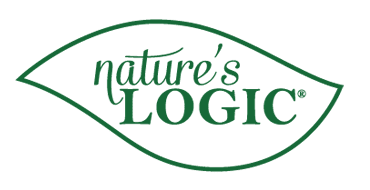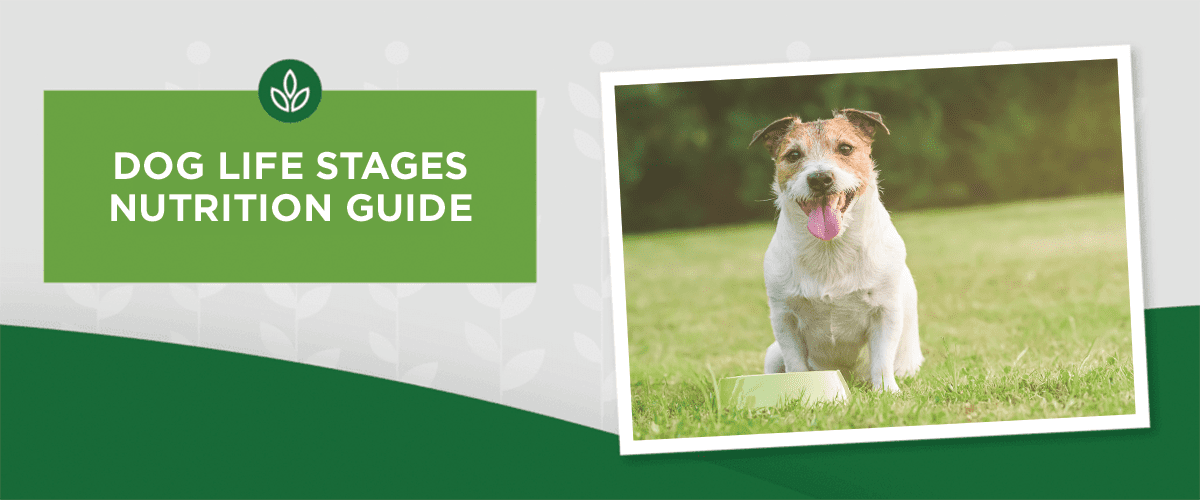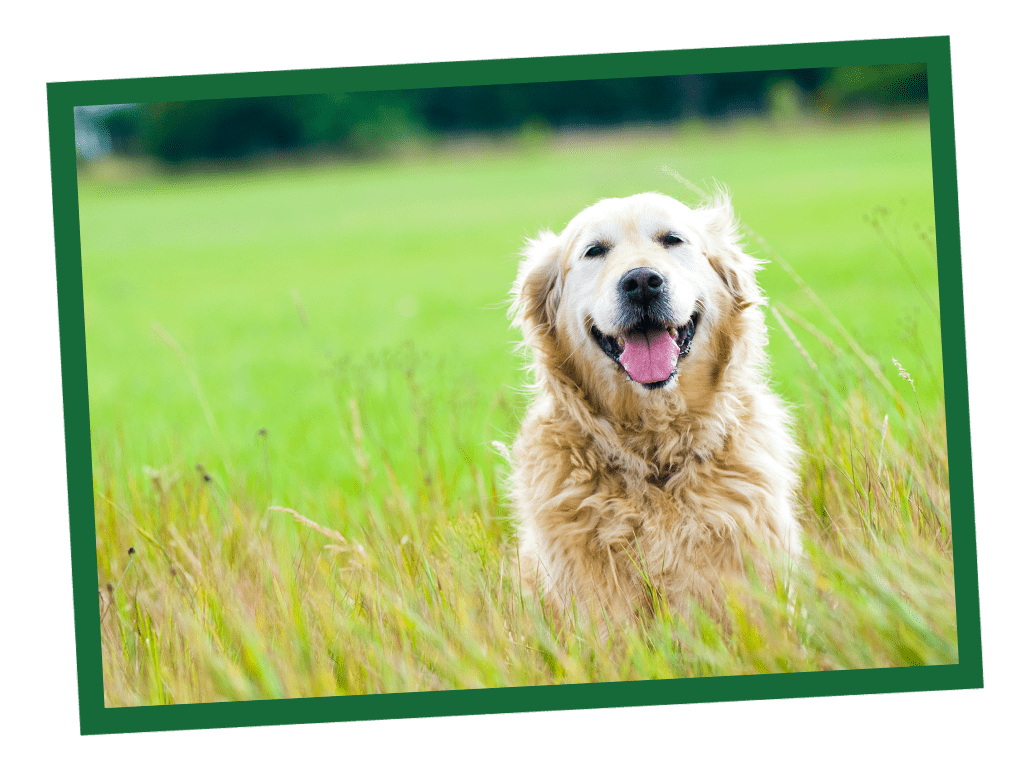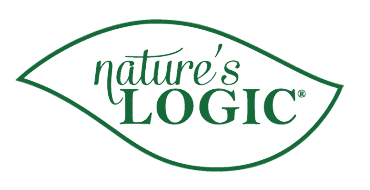A Guide to Nutrition for Dog Life Stages
From wiggly puppies to gray seniors, dogs go through a variety of life phases, each requiring tailored dietary needs to promote their health and wellbeing. Whether you’re a new puppy owner or have a faithful older companion, understanding the unique dietary requirements of your furry friend is essential. Below, we explore the key nutritional considerations for puppies, adults, and seniors.
What are the Dog Life Stages?
Puppy Stage
Adding a high quality kibble to raw dog food, whether it be homemade or purchased, offers some solutions to many challenges pet parents face when feeding their pets strictly a raw diet. Below we’ll explore some benefits to incorporating kibble into a raw diet.
Dog Adulthood
Canine adulthood typically begins around one year of age and varies in length depending on the breed. During this period, dogs have reached their physical and mental peak. They are generally done growing and have established their adult size and appearance. The boundless energy of puppyhood often gives way to a more steady and balanced temperament.
Senior Dog Years
While the onset of the senior stage can vary depending on the breed, it typically begins around seven to ten years of age. Your dog may have developed gray hairs and a more relaxed demeanor. Keep in mind that while they may be calmer, senior dogs still require specialized care and attention to ensure their comfort, health, and quality of life.
How Do a Dog’s Nutritional Needs Change in Each Stage?
Nutritional Requirements for Puppies
Puppies require more calories, protein, and fat than adult dogs because they need nutrients for their daily activities in addition to nutrients that allow for tissue growth and development. To support their growth and health, focus on high-quality, all natural dog food that contains ample animal-based proteins as the primary ingredient.
Puppies also have smaller stomachs and faster metabolisms, so it’s best to feed them three to four meals a day, and always consult your veterinarian for personalized feeding recommendations to keep your pup healthy and thriving during this critical stage.
Nutritional Needs for Adult Dogs
During adulthood, your dog’s growth slows, and they are less likely to require the same high levels of fats and proteins for development, as they did during their puppyhood.
The age at which your pet becomes an adult is influenced by various factors, such as their size, breed, and environment. For instance, small dog breeds typically reach adulthood at around 9 to 12 months, while medium-sized breeds tend to reach this stage around 12 months of age. On the other hand, larger breed dogs might take longer to reach adulthood.
Nutritional Requirements for Senior Dogs
Since senior dogs tend to be less active than their younger counterparts, their energy requirements can vary depending on their age and whether or not they have underlying health issues. In general, senior animals with chronic conditions may need more calories to maintain their weight. For healthy senior dogs, an increased dietary protein intake can help maintain lean muscle mass.
If you’re uncertain about how much you should feed your dog through any life stage, your veterinarian can provide personalized advice. Additionally, you can explore the website of your pet food manufacturer, where you’ll find information on how much food to feed your pet based on their unique formula.
What Other Factors Contribute to Your Dog’s Nutritional Needs?
Since senior dogs tend to be less active than their younger counterparts, their energy requirements can vary depending on their age and whether or not they have underlying health issues. In general, senior animals with chronic conditions may need more calories to maintain their weight. For healthy senior dogs, an increased dietary protein intake can help maintain lean muscle mass.
Breed
Different dog breeds have unique characteristics, and these can extend to their dietary needs. Some breeds are more prone to certain health issues, which might necessitate specialized diets. Other breeds are more active, which may require an increase in calories.
Size
The size of your dog matters when it comes to portion control and calorie intake. A small dog will require less food to maintain a healthy weight than a large dog and vice versa.
Weight
Maintaining a healthy weight is crucial for your dog’s overall wellbeing. Overweight dogs may need weight management diets with fewer calories, while underweight dogs could benefit from high calorie options or larger portions.
Activity Level
The activity level of your dog also plays a role in determining their nutritional needs. Highly active dogs require more calories to fuel their active lifestyles, while sedentary dogs should be fed accordingly to minimize excess weight gain.
Medical History
Chronic conditions, allergies, and sensitivities can necessitate specialized diets. For example, dogs with allergies may require novel proteins, like lamb, over common options like chicken to minimize allergy flair ups.
Nutrition for Every Life Stage
In the grand journey of a dog’s life, understanding their evolving nutritional needs is the key to ensuring their health and wellbeing through every stage. Nature’s Logic recipes provide natural nutrition for every age, from puppies to senior dogs. Curious where you can find 100% all natural dog food for any life stage? Check out our store locator.






